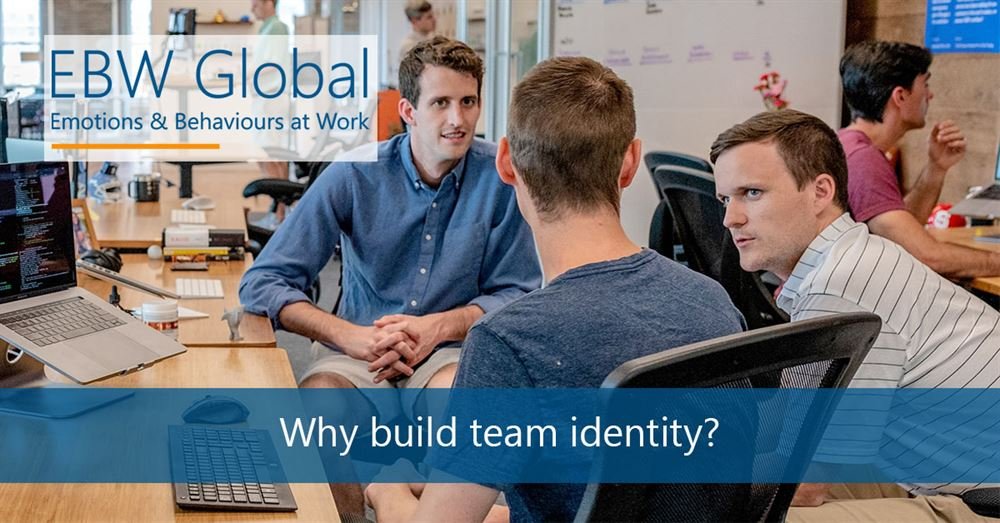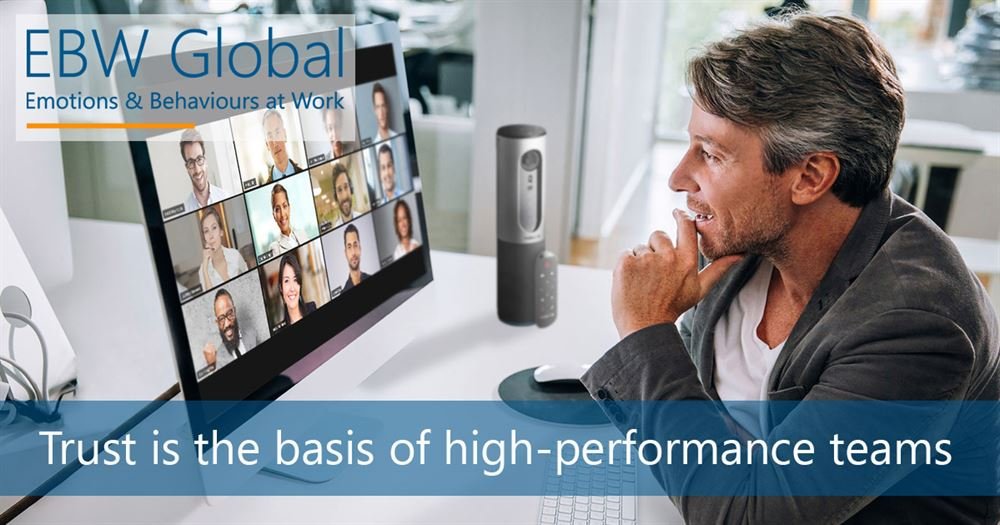Why Psychological Safety Is Important In Teams
When you’re running a team, do you expect your team members to agree all the time with you? Or do you welcome disagreements?
Emotional Intelligent team leaders know that the expression of differing opinions can be good for the team.
Even disagreement can be fine, too, as it can sometimes bring out the best in some people.
However, where do you draw the line between healthy and unhealthy conflict?
Research studies have shown that relational conflict, or personal disagreements in a team, is an indication of poor teamwork. After all, when the conflict is no longer about the work itself, but about personal matters the focus is no longer on the team task.
What is not clear in studies is whether task-related conflicts are good for the team.
In a 2003 meta-analysis conducted by researchers De Dreu & Weingart, relational conflict, in general, is shown to be problematic.
However, almost a quarter of the studies they had surveyed had shown that it can be beneficial as well and might even lead to better team performance.
A more recent study by Bret Bradley, Bennett Postlethwaite, Anthony Klotz, Maria Hamdani, and Kenneth Brown aimed to exactly find out the answer to this question: when does team disagreement become a benefit rather than a liability?
Bradley and his colleagues studied 117 teams of five students each throughout a whole semester. Three measures were taken; one at the beginning of the study to assess subject matter knowledge, one in the middle of the semester to measure the levels of task-related conflict in the team, and the final assessment which looked at the team project as an indicator of work performance.
Bradley’s team theorized that conflict within the team is healthy if members feel that they are encouraged to express themselves in the team without any adverse consequences. Given this psychological safety, members will be more open to share their ideas and explore it more with the team.
The data gathered, however, was not conclusive. The researchers had confirmed their theory that the higher the level of psychological safety, the higher the team will perform on the project. However, they didn’t see a drop in the performance of the team with low psychological safety, implying that although this factor can benefit the team, lacking it will not affect the group in terms of performance.
However, team research carried out by Google in 2015 on over 180 google teams found that individuals on teams with higher psychological safety are less likely to leave Google, they're more likely to harness the power of diverse ideas from their teammates, they bring in more revenue, and they're rated as effective twice as often by executives.
The EBW View
Despite the initial inconclusive results, the research by Google supports the idea that promoting psychological safety in teams is highly important for leaders when building high performing teams. Conflict can aid performance if leaders approach conflict Emotional Intelligently and use it to improve how the team responds to challenges.
"Promoting psychological safety is highly important for leaders when building high performing teams".
Today more than every as teams pivot to hybrid models of working partially online and face to face leaders need to think how do they promote trust and psychological safety in their teams.
Here are 3 simple ways leaders can encourage psychological safety and help teams to act in an Emotionally Intelligent way:
Encouraging the sharing of opinions and ideas, even if they don’t conform to what majority of the members think. It is important to set ground rules, including everyone’s right to share their views (Pedler, M 1996 and Weinstein, K 1999).
Actively listening to and acknowledging all contributions by team members, no matter how crazy the ideas seem to be.
Appreciating each team member’s effort to join in the discussions by providing positive feedback.
And remember, each challenge and your reaction to it plays a huge role in creating trust and psychological safety in the workplace.
So if you are not sure your team is performing as well as it should, why not take a few moments to find out how to use Business Emotional Intelligence to build a trusting and psychologically safe high performing team by using EBWt Team Assessment and Team Tools.
Or book a discovery call with an EBW Global Certified Partner.
Bradley, B.H., Postlethwaite, B.E., Klotz, A.C., Hamdani, M.R., & Brown, K.G. (2012). Reaping the benefits of task conflict in teams: The critical role of team psychological safety climate. Journal of Applied Psychology 97(1), 151-158.
Discover How Business Emotional Intelligence Transforms Leaders and Teams
If you would you like your leaders and teams to improve their decisions and the way they work together, click a button below to see how investing in Business Emotional Intelligence can make a difference or find an EBW Certified Partner to help you.




